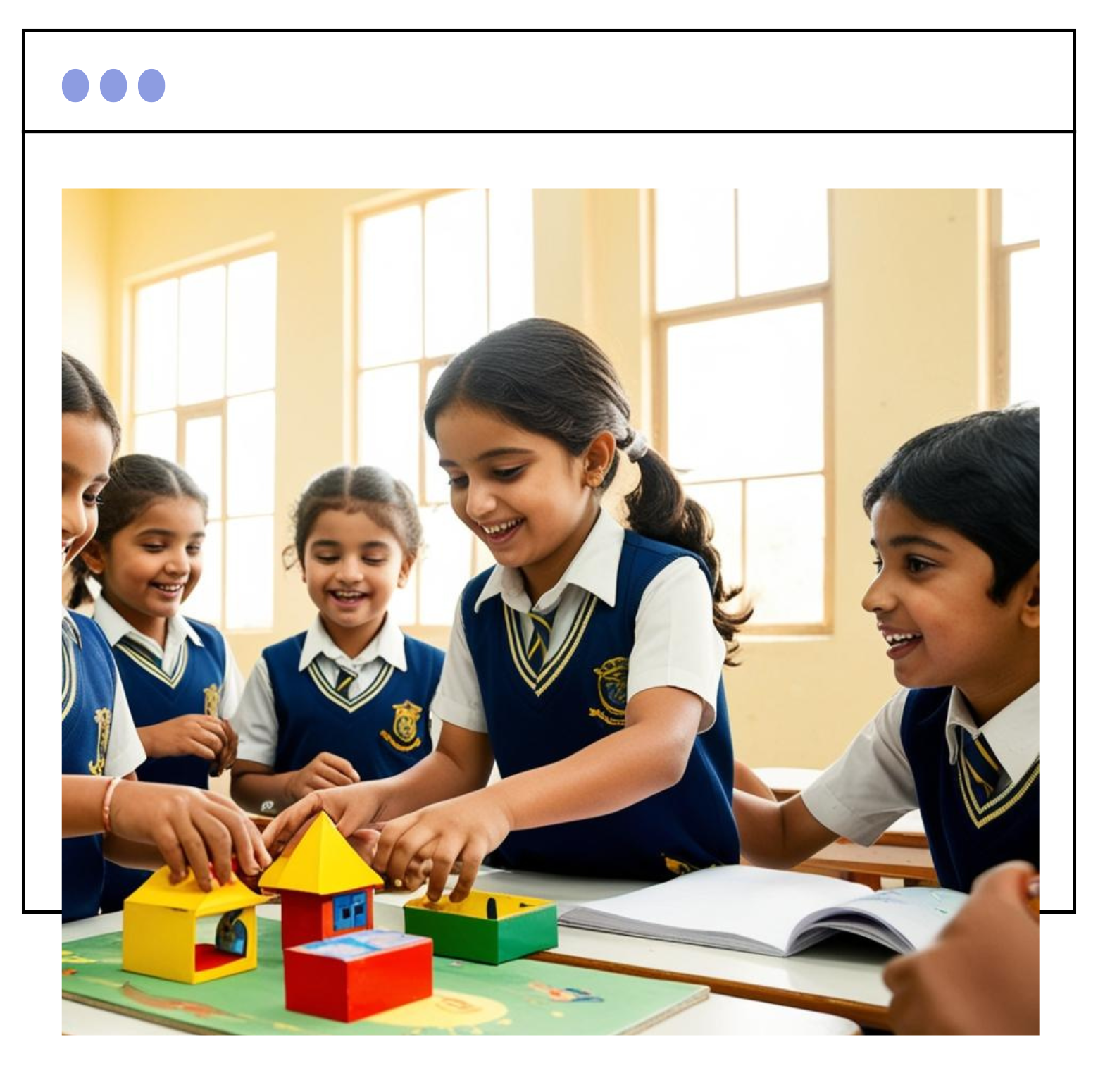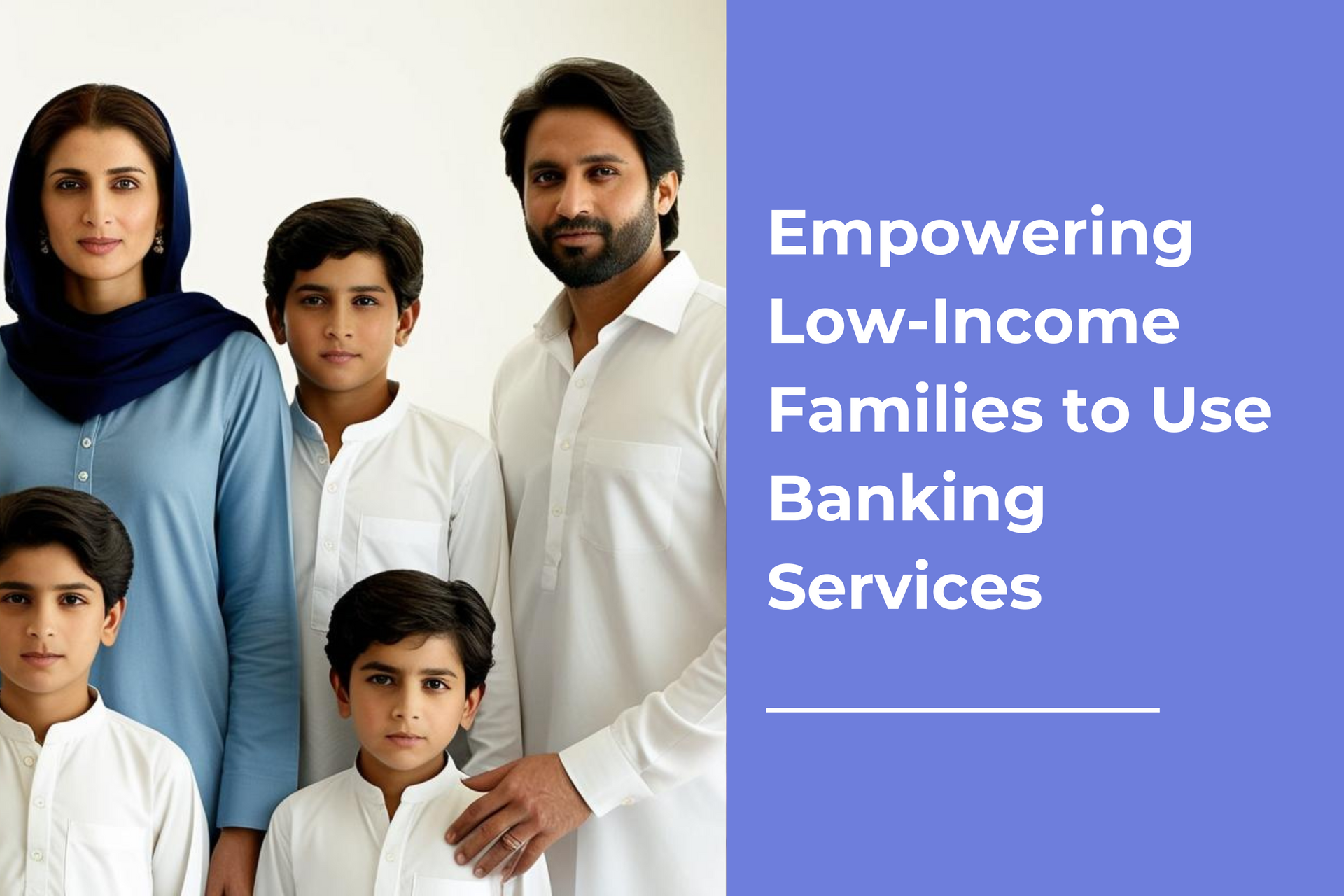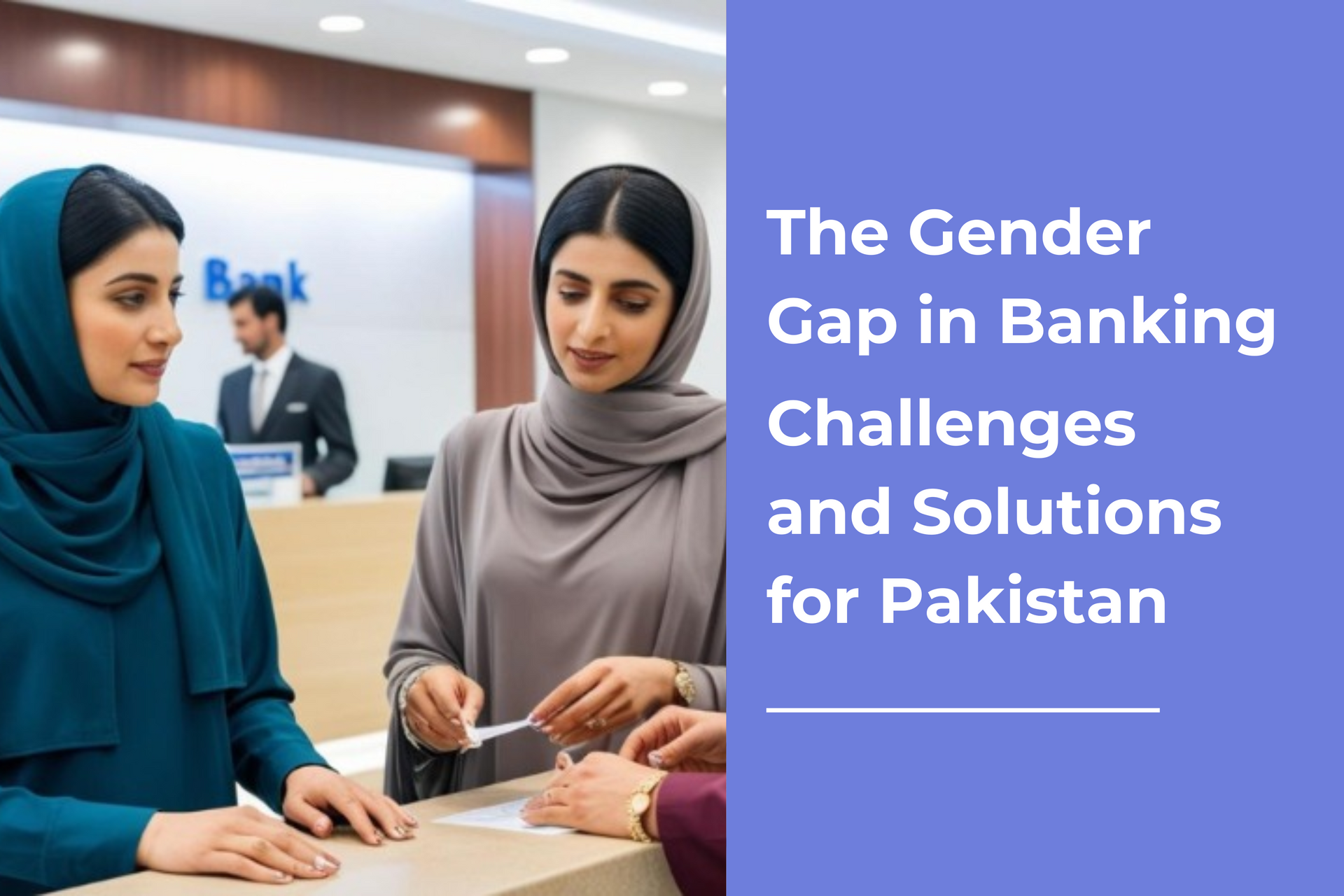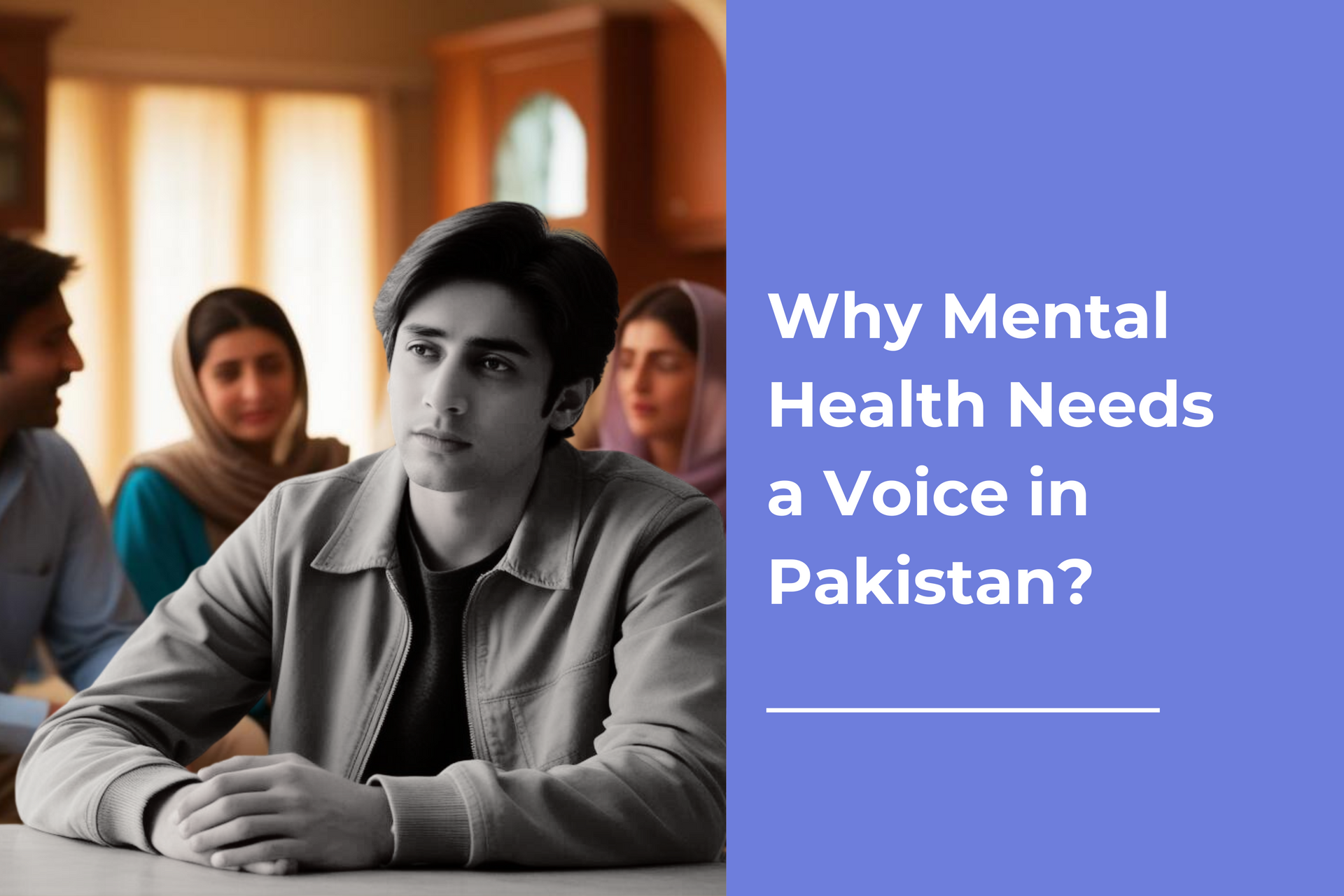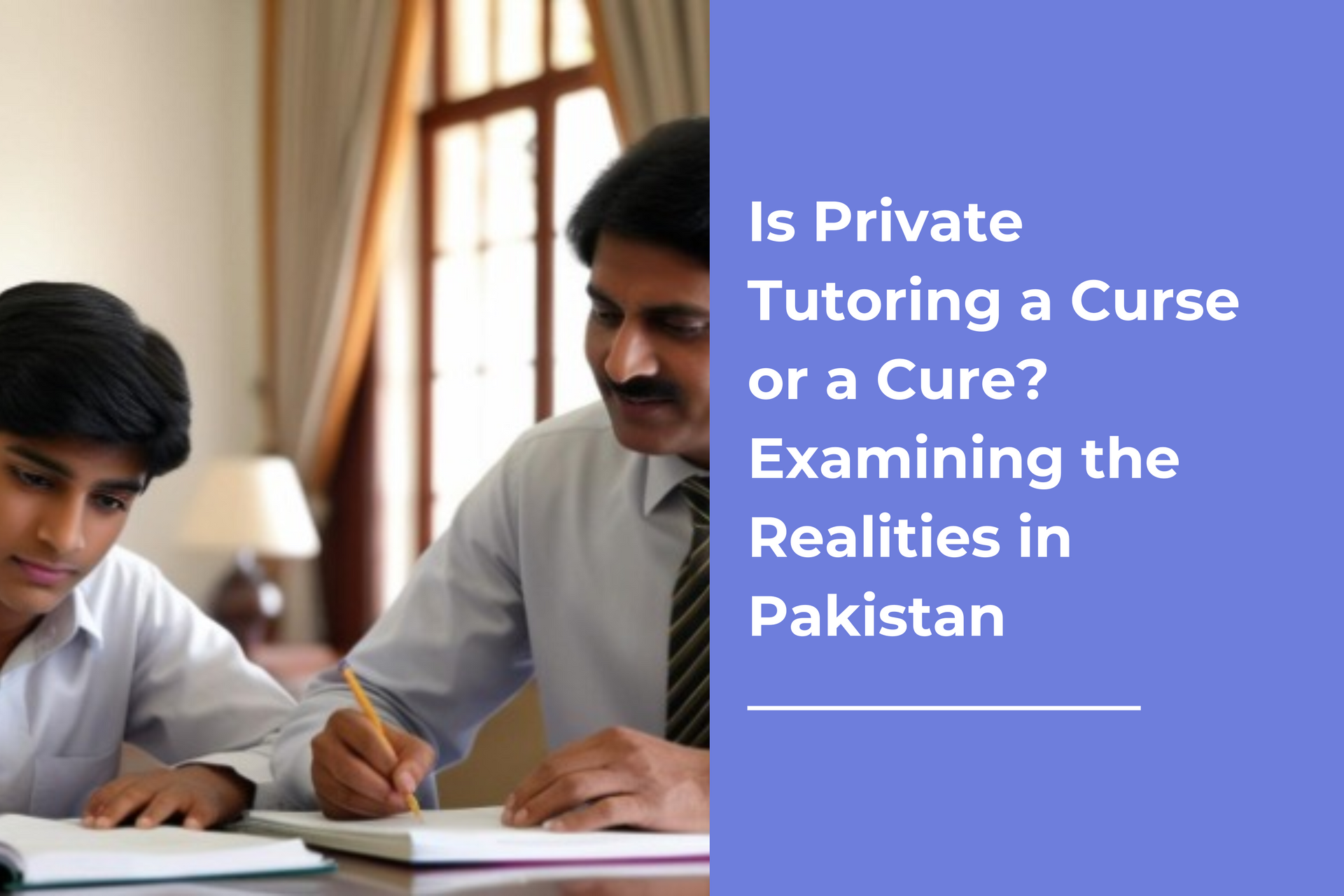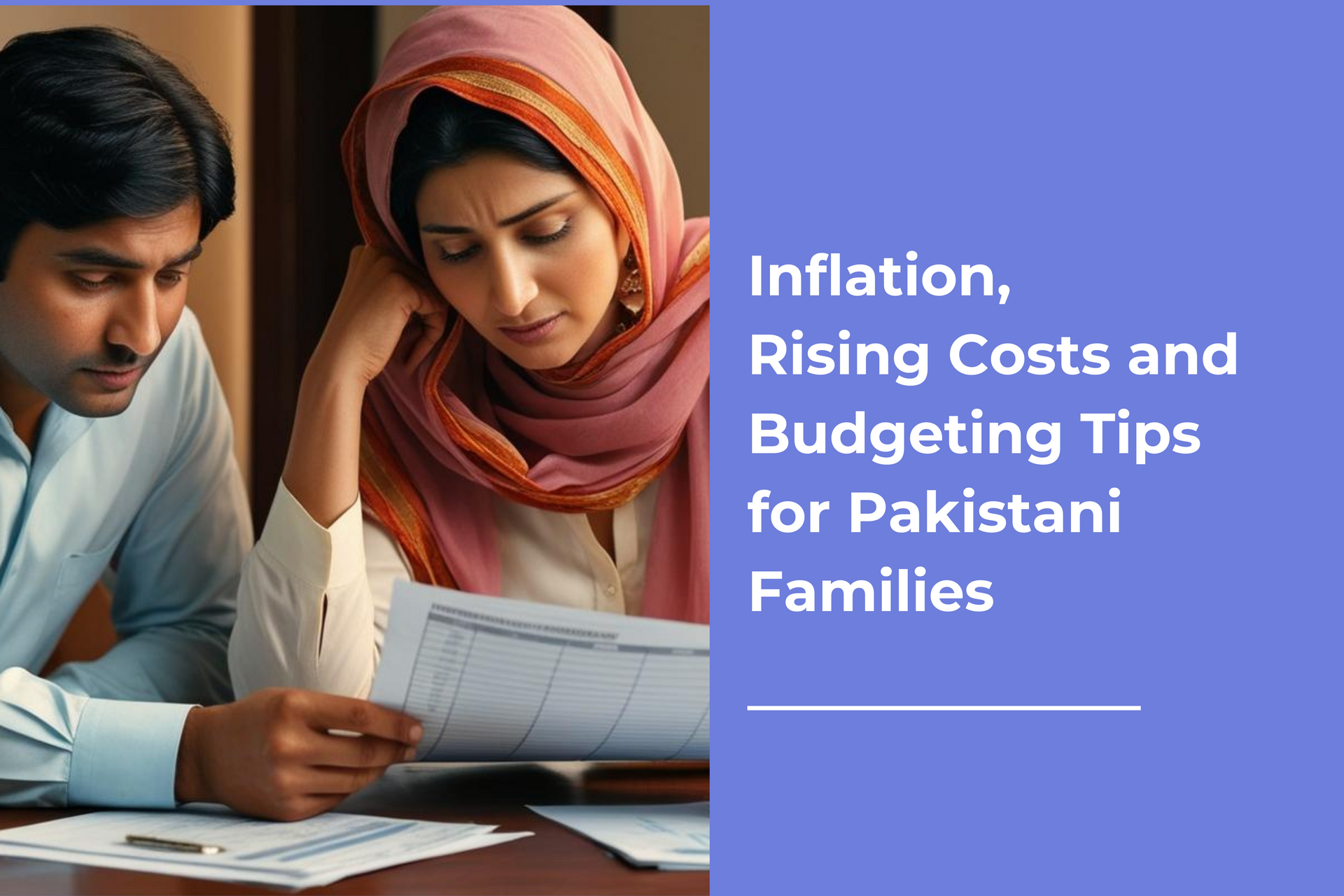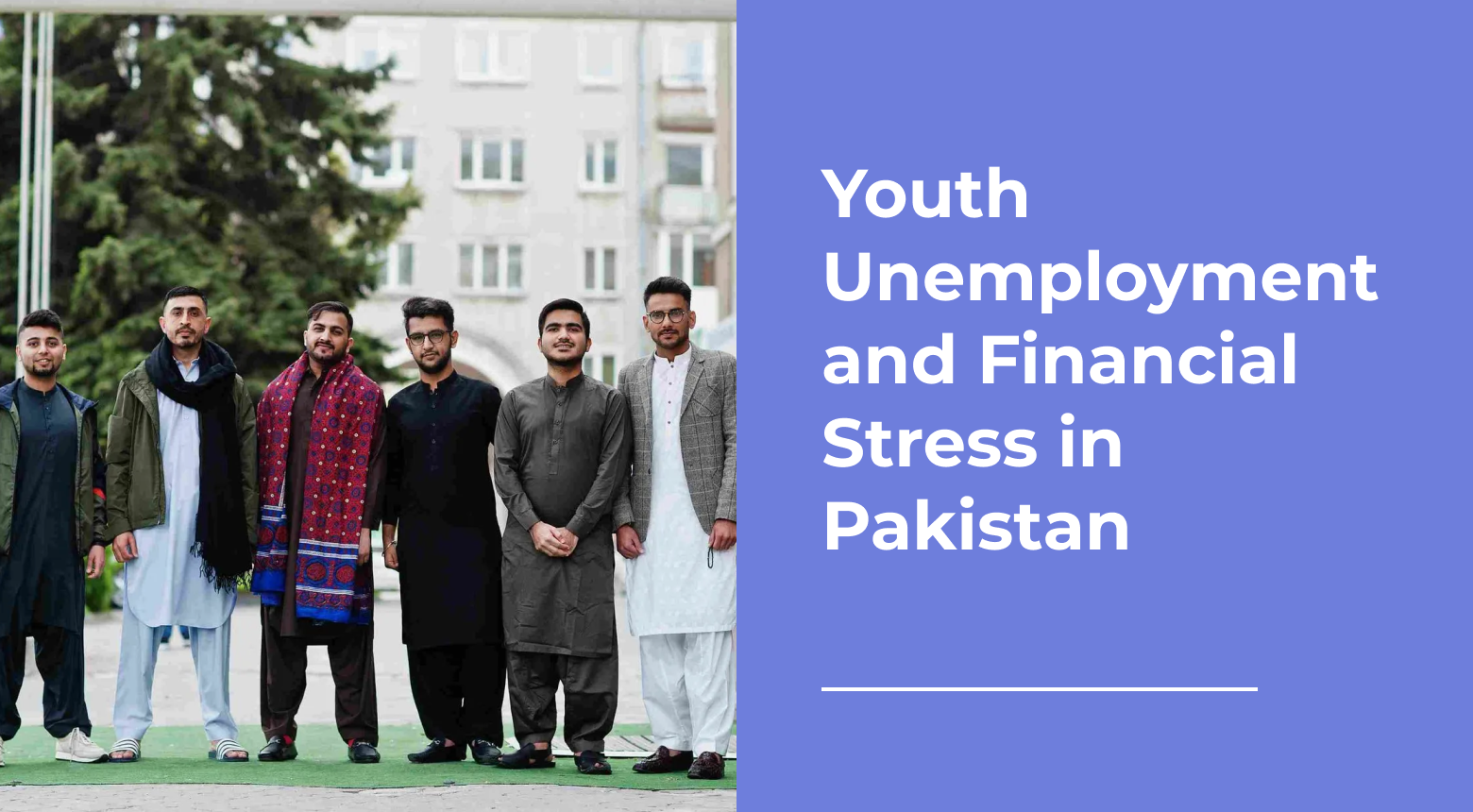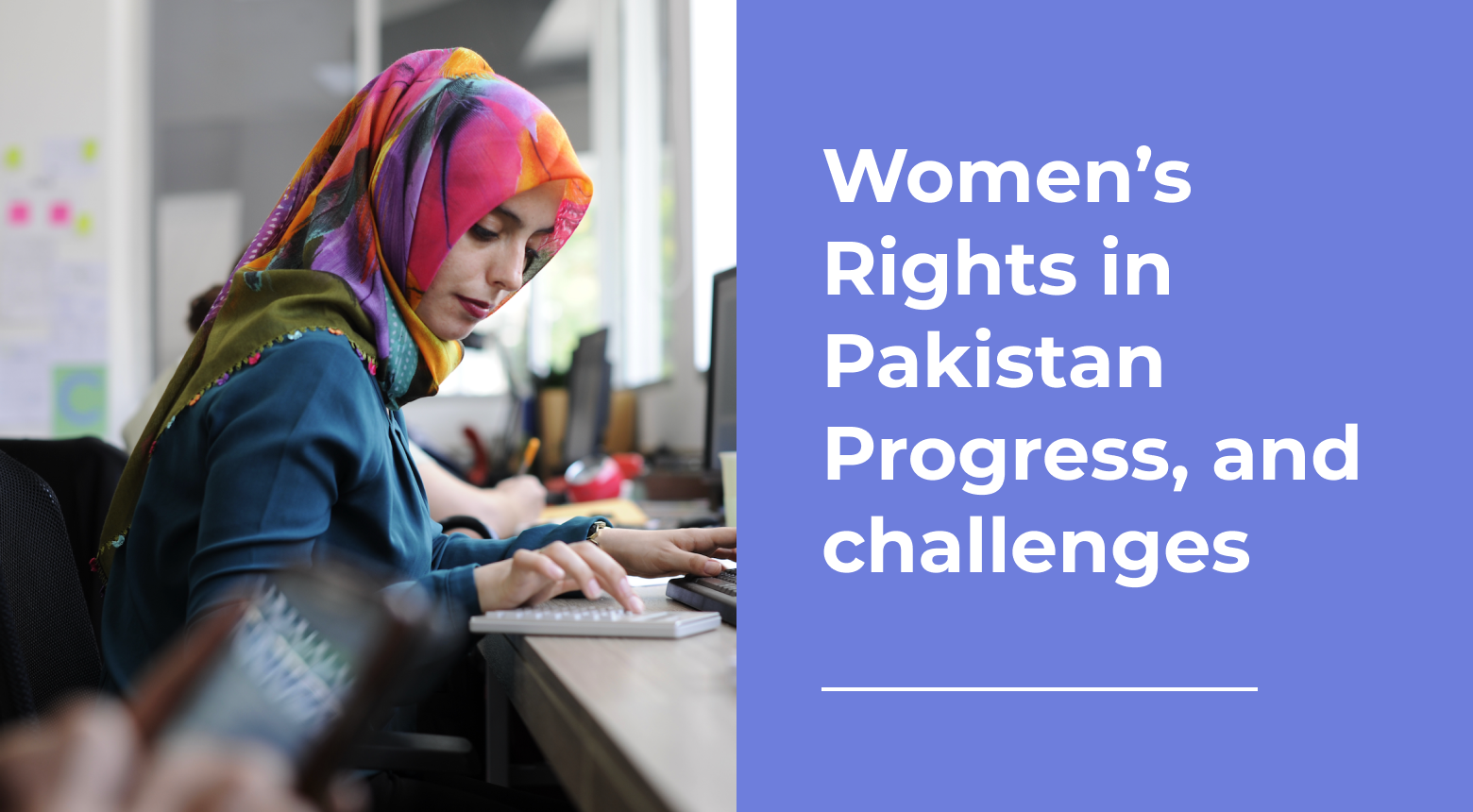
Dream Big, Start Small: Why Early Childhood Education Matters

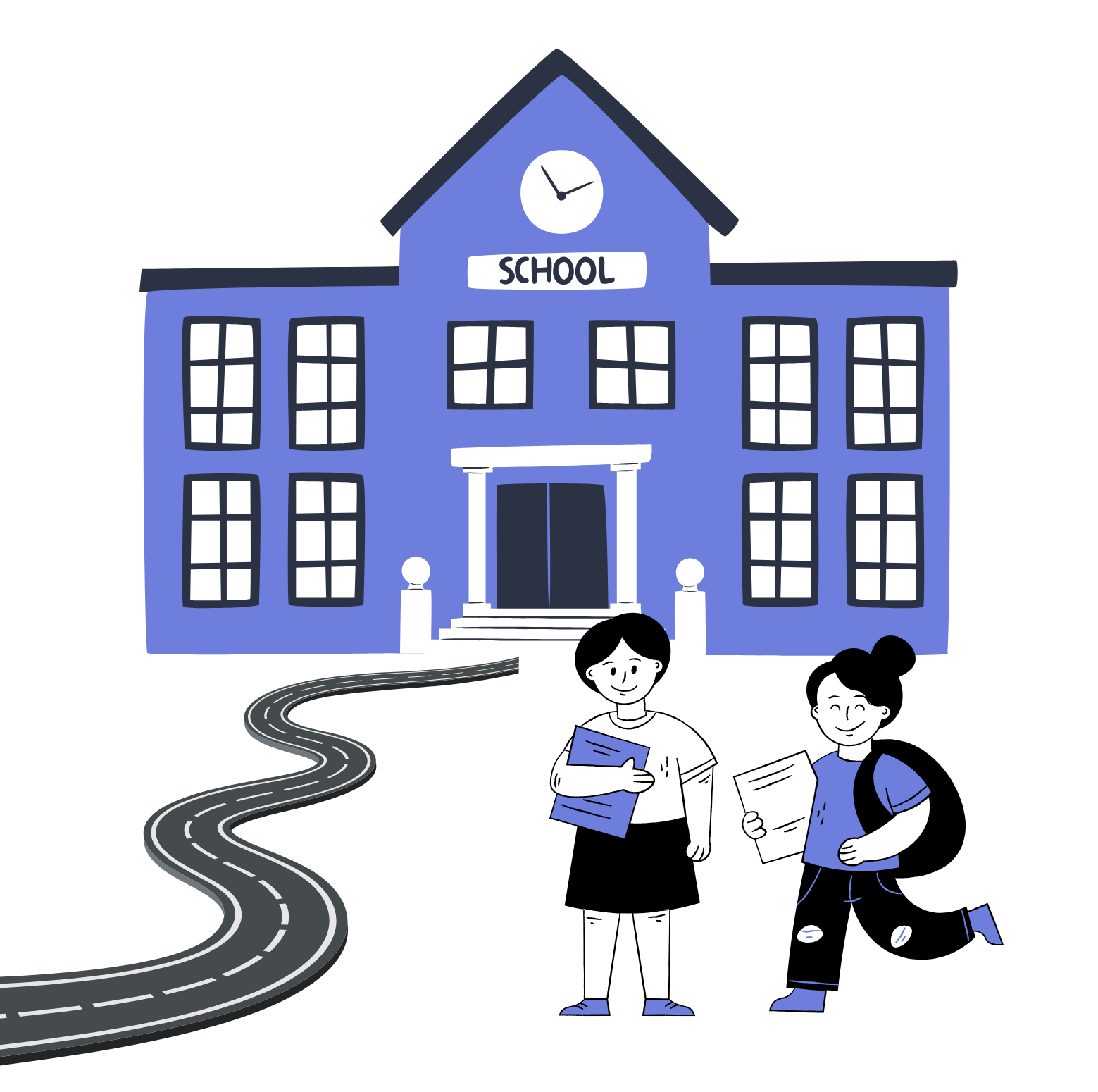
Every parent dreams of a bright future for their child, but did you know that 90% of brain development happens before the age of five? These early years are not just about play; they lay the foundation for a child’s cognitive, emotional, and social growth. Studies reveal that children who receive quality early education are 50% more likely to perform well in school and have a 25% higher chance of pursuing higher education.
Yet in Pakistan, nearly 40% of children lack access to early learning opportunities, missing out on this critical phase of development. Without the right start, they face lifelong challenges in education, employment, and well-being.
The data is clear—investing in Early Childhood Education (ECE) leads to better academic performance, improved social skills, and even a stronger economy. It’s time to recognize that the smallest steps taken today can shape a successful tomorrow for our children and our nation.
Why Early Childhood Education Matters More Than You Think
Boosting Cognitive Development
Early Childhood Education (ECE) is a powerful tool that shapes a child’s future in ways we often overlook. The early years are a time of rapid growth. During this period, children’s brains form crucial neural connections that enhance memory, attention, and problem-solving skills.
Studies show that children who participate in quality ECE programs experience a 20-40% improvement in cognitive abilities, setting them up for better academic performance in literacy, numeracy, and critical thinking. In fact, research indicates that early educational exposure can lead to a 5-10 point increase in IQ, benefiting them well into adulthood.
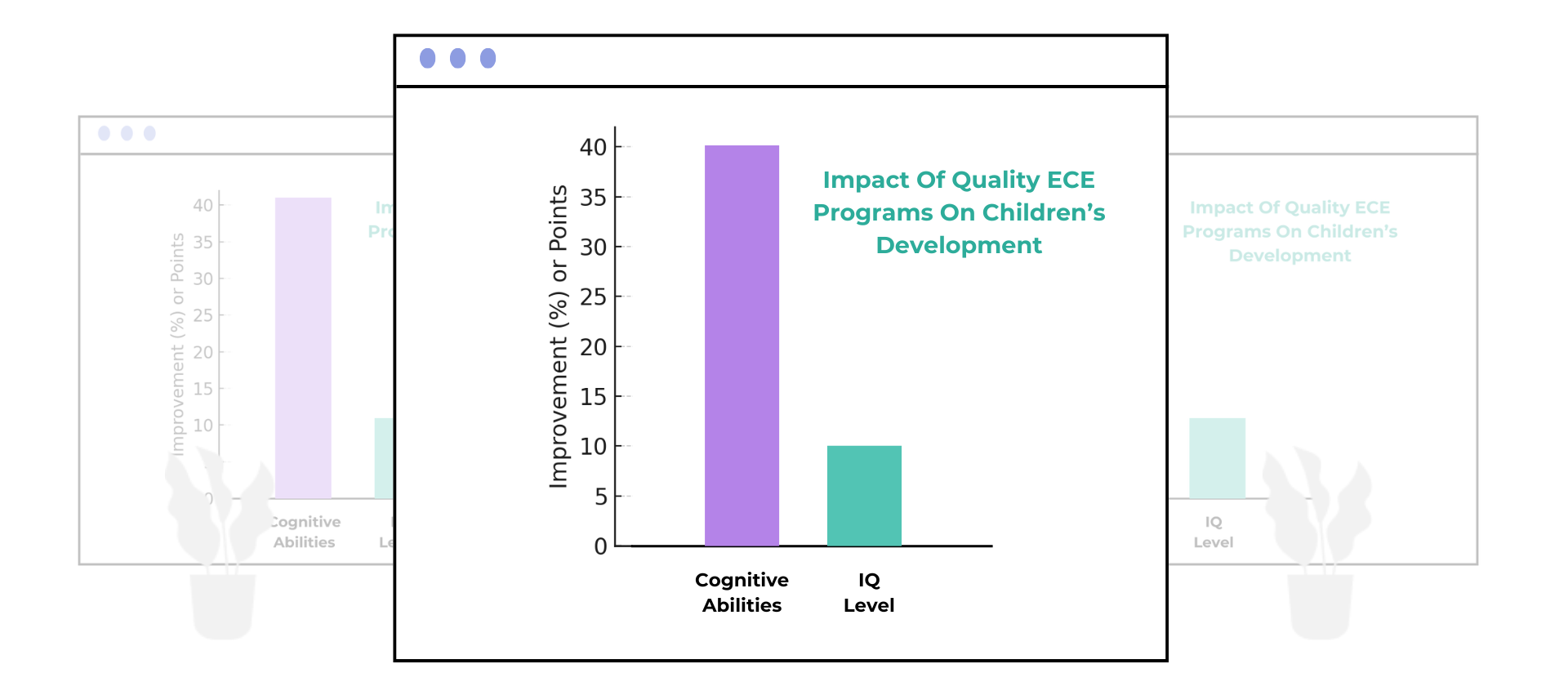
Fostering Emotional and Social Well-being
Beyond academics, ECE nurtures emotional and social well-being. It helps children develop emotional resilience, equipping them with the ability to handle stress, regulate their emotions, and adapt to challenges. Programs focused on play-based learning encourage cooperation, communication, and empathy, leading to stronger social skills and healthier relationships.
A study in Bangladesh found that structured ECE programs resulted in a 50% reduction in behavioral issues, highlighting the impact of early intervention on long-term emotional well-being. Additionally, positive early experiences contribute to higher self-esteem, encouraging children to explore new opportunities and take risks with confidence.

Promoting Physical Health
Physical health is another critical aspect of ECE. Proper nutrition and stimulation in the early years are key to preventing stunting and malnutrition, ensuring that children grow up healthy and strong. Activities such as running, drawing, and interactive play not only enhance motor skills but also lay the foundation for lifelong physical activity habits.
Integrated health programs within ECE settings improve vaccination rates by 25%,
offering protection against preventable diseases and promoting stronger immunity. In countries like Brazil, children enrolled in ECE programs were 20% less likely to suffer from malnutrition, demonstrating the holistic benefits of early education.
Ensuring Long-term Educational Success
Long-term educational outcomes are directly linked to early learning experiences. Children who receive early education are more likely to enroll in and stay in school, with ECE programs reducing dropout rates by 15% in countries like India. By making formal education less intimidating and more engaging, ECE instills a lifelong love for learning and curiosity.
In Pakistan, ECE initiatives have led to a 40% improvement in literacy rates among marginalized communities, proving that access to quality early education can bridge educational gaps and empower children from all backgrounds
Preventing Developmental
Delays
Moreover, ECE plays a crucial role in identifying and addressing developmental delays at an early stage.
With timely intervention, children are less likely to experience learning disabilities or behavioral challenges later in life. This proactive approach ensures that every child has the opportunity to reach their full potential and contribute positively to society.
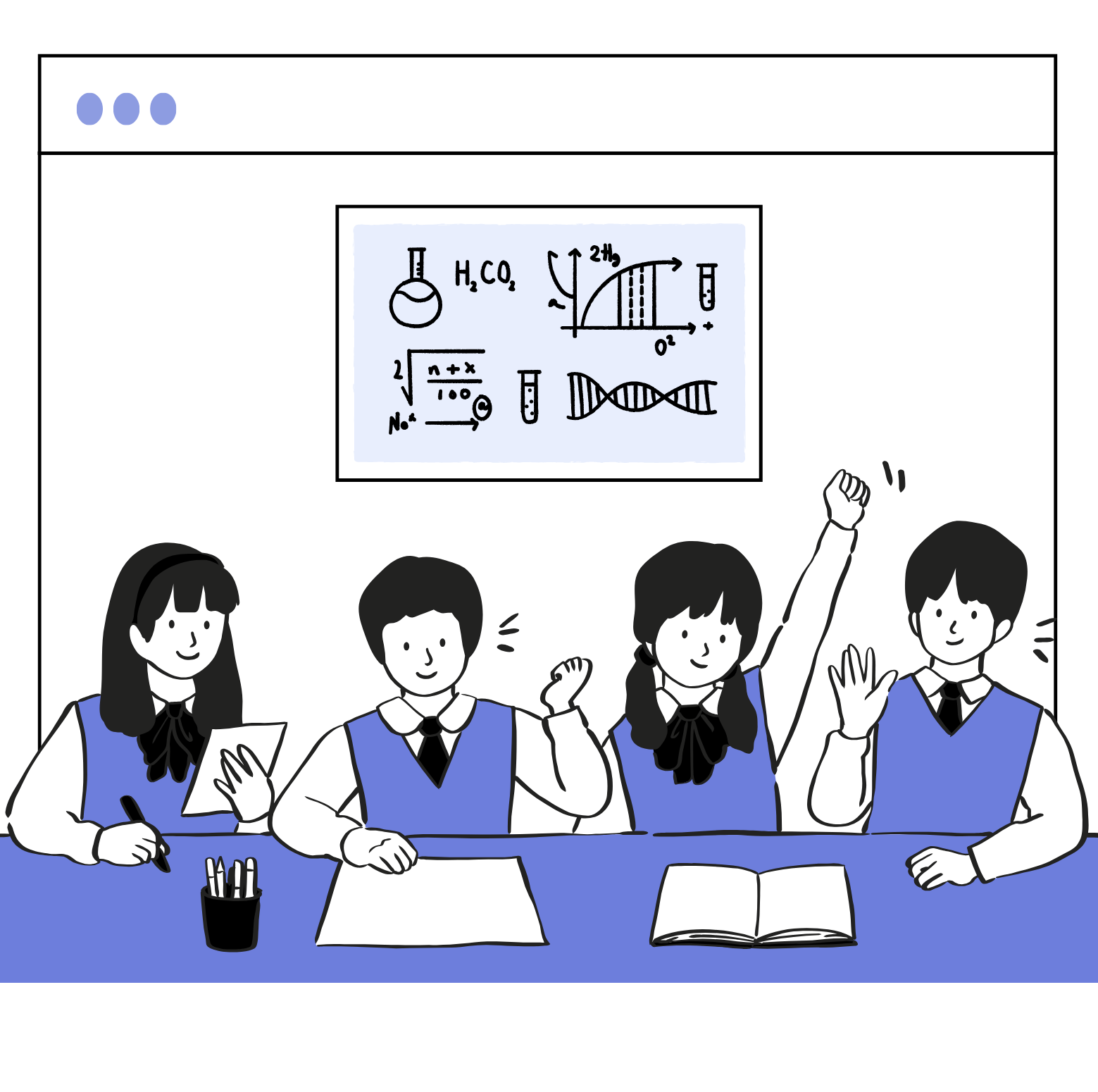
Who is Responsible for Offering Early Childhood Education (ECE)?
Early Childhood Education (ECE) is a critical stage in a child’s development, but its accessibility and quality depend on various stakeholders.
Both public and private institutions play a role in providing ECE, but there is a significant gap in access, especially in rural areas.
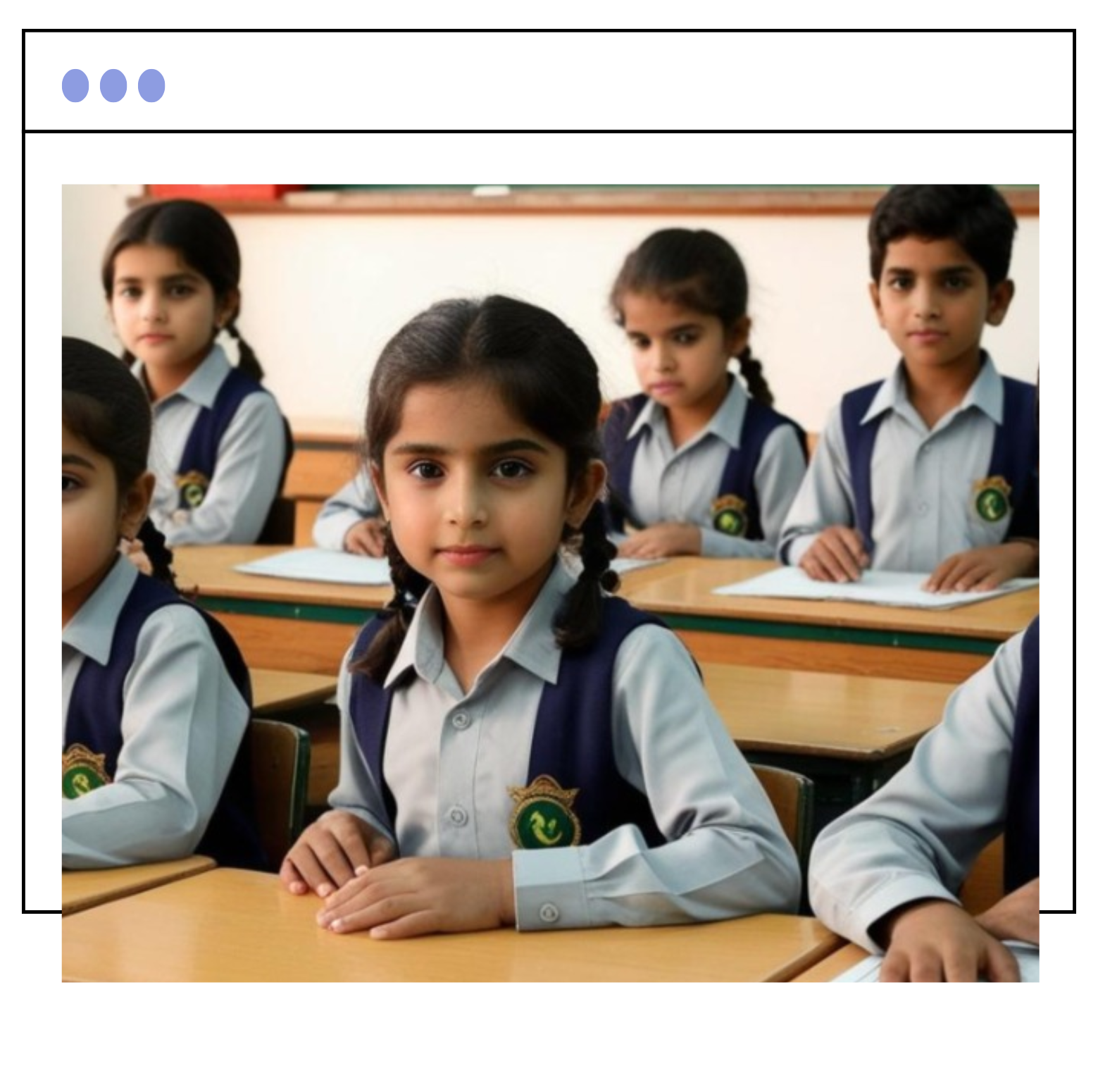
Government Responsibility
In many countries, the government plays a central role in ensuring access to quality early childhood education.
In Pakistan, the government has made efforts through public schools and initiatives like the Early Childhood Education Program to offer pre-primary education. However, the coverage is still limited, and many areas—particularly rural ones—lack sufficient ECE infrastructure. Local education departments are responsible for overseeing these programs, but there is a need for stronger enforcement and investment.
Private Sector and NGOs
Many private schools and non-governmental organizations (NGOs) also offer early childhood education programs. These programs often focus on higher-quality learning and development but are generally accessible to more affluent families due to their costs. Some NGOs focus on making ECE available to underprivileged communities, but their reach is still limited.

Parents and Caregivers
Parents and caregivers also play a significant role in early childhood education. By providing a nurturing environment, engaging in learning activities at home, and seeking out available educational resources, families can supplement formal education. Community-based efforts, including parenting programs, can help parents understand the importance of ECE and actively support their child's development.
How Parents Can Support Early Childhood Development
Supporting your child’s growth and development starts at home with simple, thoughtful actions. By providing a nurturing environment and encouraging healthy habits, parents can play a crucial role in shaping their child's future. Here’s how you can make a difference in your child’s early years:
Provide a Nurturing Environment
Children thrive when they feel loved and secure. A supportive environment helps build emotional resilience and self-confidence.
Show Love and Affection: Hug, praise, and spend quality time with your child to foster a sense of belonging.
Encourage Their Efforts: Celebrate small achievements to boost their confidence and motivation.
Foster Social and Emotional Growth
Teaching children how to manage emotions and interact with others helps them navigate relationships and build empathy.
Model Positive Behavior: Demonstrate kindness, patience, and respect in everyday interactions.
Encourage Playtime: Play with your child and arrange group activities to teach teamwork and sharing.
Teach Emotional Awareness: Help your child identify and express emotions by using phrases like, “I see you’re feeling upset, let’s talk about it.”
Support Physical Development
Proper nutrition and active play are essential for healthy growth and development. Ensuring a balanced lifestyle can set lifelong habits.
Provide Nutritious Meals: Include foods rich in proteins, vitamins, and minerals such as eggs, fish, and fruits.
Encourage Outdoor Play: Activities like running, jumping, and climbing enhance coordination and motor skills.
Stimulate Cognitive Development
Early interactions and activities lay the foundation for lifelong learning. Simple, everyday moments can have a profound
impact on cognitive skills.
Talk to Your Child: Engage in conversations using simple language to strengthen their communication abilities.
Read Aloud Daily: Storytime helps expand vocabulary, creativity, and comprehension skills.
Ask Open-Ended Questions: Encourage curiosity with questions like, “What do you think will happen next?”
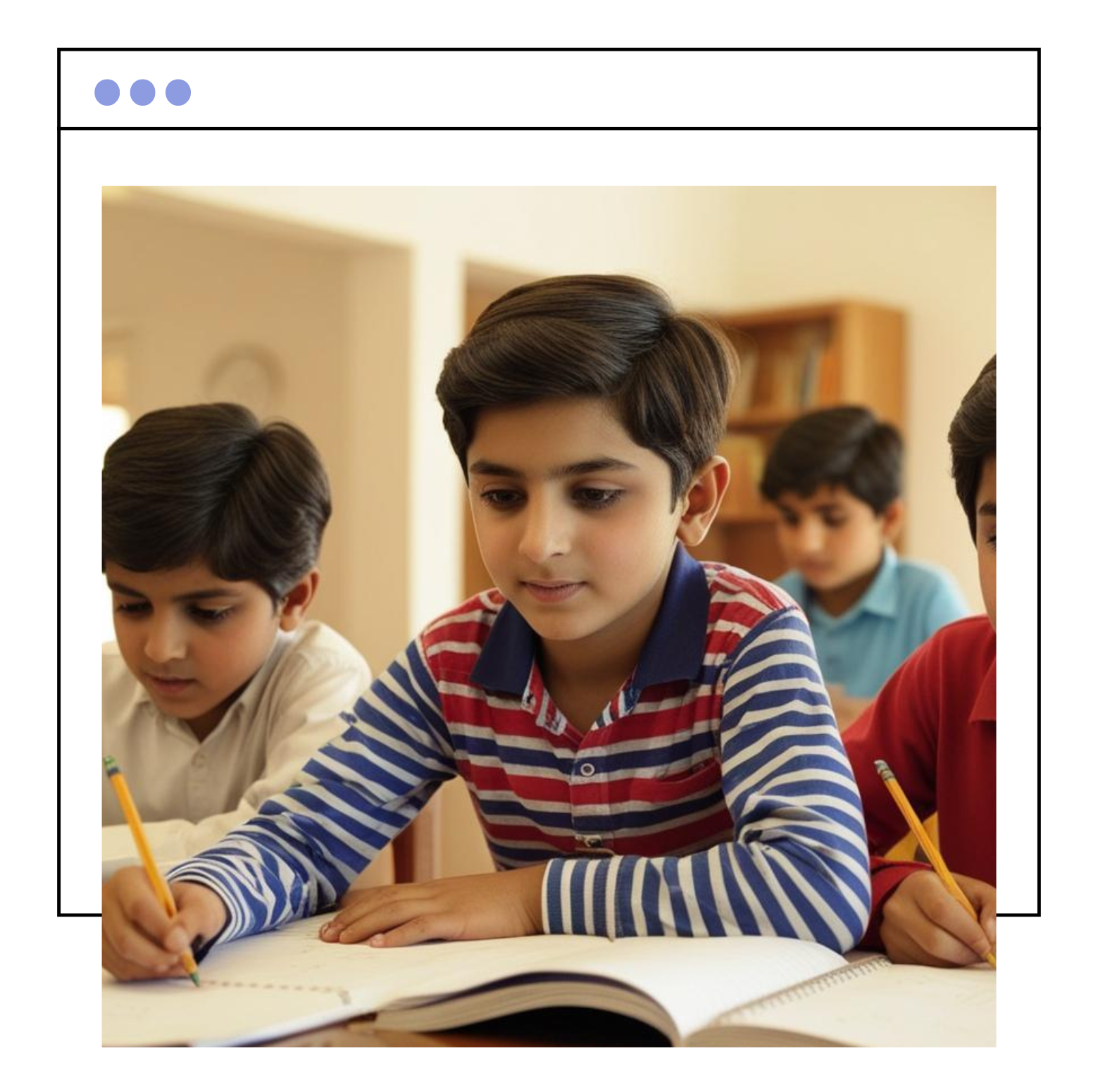
The Role of ECE in Closing Educational Divides in Pakistan
Despite the clear benefits of early childhood education, access remains limited, particularly in rural regions. The public sector has made strides through initiatives like the Early Childhood Education Program, but much more is needed to ensure nationwide access.
The private sector and NGOs play a crucial role, offering high-quality services, though affordability remains a barrier for many families. Moreover, parents and caregivers must also be active participants in supporting their child’s early development.
It’s clear that investing in Early Childhood Education is essential for building a foundation of success for every child. With collective efforts from the government, private sector, and families, we can ensure that every child, regardless of their background, has access to quality education from the very start.

Let’s dream big for our children. The future is shaped in these early years, and with the right support, we can ensure that every child gets the strong start they deserve.
Together—governments, private institutions, NGOs, parents, and communities we can bridge the gap in early education and build a brighter future for Pakistan.

Need Help?
🏠︎ Dolmen Executive Towers, Level 7
Clifton Block 4, Karachi, Pakistan
Postal Code 75600
